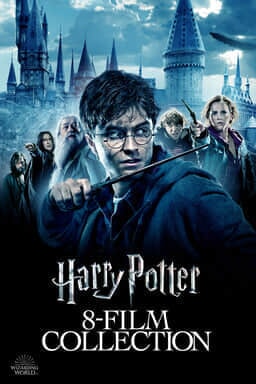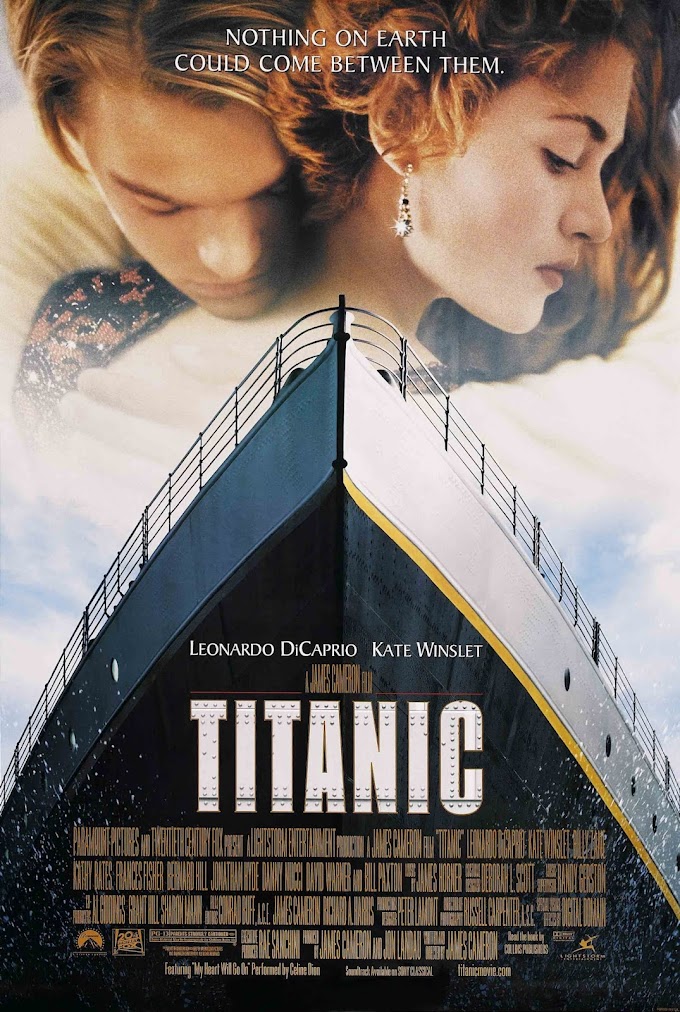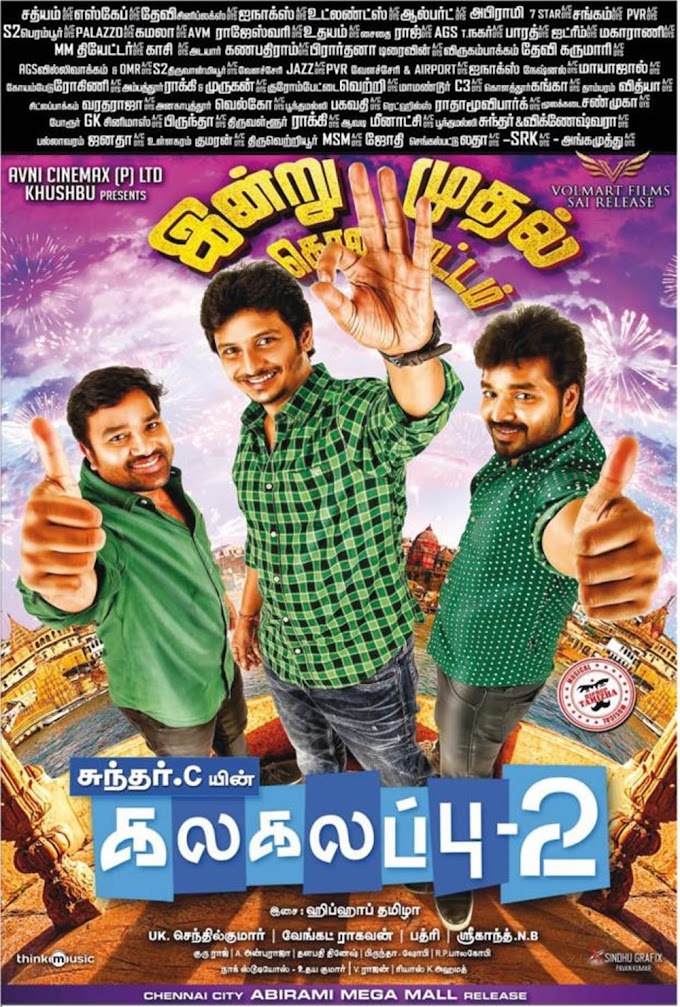In the Heart of the Sea (2015)
What is "In the Heart of the Sea" approximately? There are such a lot of methods to reply that query. You should say that Ron Howard's state-of-the-art feature, adapted from Nathaniel Philbrick's acclaimed nonfiction e book "In the Heart of the Sea: The Tragedy of the Whaleship Essex," is set the real incident that in part inspired Herman Mellville's novel "Moby-Dick"—the 1820 destruction of a whaling vessel by means of a murderously angry sperm whale. You ought to say that it's approximately the connection between nonfiction and fiction, though here matters get dicey: the film's story is informed in a characteristically clunky framing tool to the younger Melville (Ben Whishaw), despite the fact that in fact Melville wrote his novel without ever touring Nantucket. (Howard advised Charlie Rose that Melville interviewed the ultimate survivor of the ruin, though, so there may be a tether of truth here.) You ought to say the film is set humankind's collective, slowly dawning realization that whales aren't massive fish however clever mammals, and that the whaling enterprise become (and still is) engaged in interspecies genocide—a perception teased out in photographs of the vengeful whale and different contributors of its pod floating peacefully with their calves underwater, then surfacing to stare accusingly on the human beings. You ought to say it is a survival tale, about a set of shipwreck survivors (led by way of an unqualified rich-boy captain, played via Benjamin Walker, and Chris Hemsworth's macho and resentful first mate) death of starvation and thirst in lifeboats. Lastly, you may describe "The Heart of the Sea" as a tale of corporate ethics: the final phase shows the whaling organisation urging survivors to lie approximately what took place, for worry that coverage vendors won't cowl them in the event that they listen that a whale is able to destroying a massive ship.
None of those descriptions are incorrect. But none of them captures the film. And boy, did this film want shooting. It's not inspired enough or managed enough or deep enough to roam all around the place, being six or seven or 8 matters at the same time. If "In the Heart of the Sea" were a darkish picaresque journey of overwhelming physicality, directed by a philosophically inclined director like Werner Herzog or Terrence Malick, every piece of it might be united through specific thoughts, or no less than a certain sensibility, although didn't hang together at the level of tale. But Howard isn't always that type of director. He needs his incidents to be unified via what Steven Spielberg once called "an concept you could hold on your hand." That's why his great film is "Apollo 13," a movie approximately a various group of pushed, loyal, talented people coming collectively to remedy a problem.
And that is in the end what damages "In the Heart of the Sea" more than anything else: it is so very many different things, however they all experience indifferent from each other, almost like a gaggle of self-contained mini-movies stitched quit-to-quit, with the framing tool serving as needle and thread. And the framing hurts the film more than it allows. Setting aside the questionable conceit of getting Melville sit down there and jot down the tale of a sailor (Brendan Gleeson in the present-day scenes, Tom Holland as his more youthful self) as research for his e-book—which has a tendency to lessen novel writing to transcribing stuff that befell—it's mainly intrusive and clumsy, frequently interrupting thrilling action sequences when they are constructing a head of steam to interject an observation or funny apart. Granted, this can be screenwriter Charles Leavitt's attempt to create a cinematic equal to Melville's tendency to break his narratives with passages, every so often chapters, approximately nautical records and lifestyle and the creatures of the sea, but regardless of the motive, the scenes thud like a bucket of fish guts dropped on a wood deck.
And by the point you get to the cease of the image, they grow to be a extraordinary kind of sub-narrative approximately how confession is ideal for the soul, or possibly a harbinger of the age of Sigmund Freud's speaking cure. It's anachronistic, even though no greater so than some other touches in the movie, along with the scenes in which the whalers wonder if they're wrong to be killing whales (I cannot really see that going on in 1820, can you?), or the bits in which Gleeson's brokenhearted sailor explains to the young Melville that the whale oil industry is the equivalent of the petroleum industry today, and hiya, did you hear the information that some man drilled a hollow within the earth and pulled oil right out of the floor?
In equity, it's very difficult for storytellers to get out of a contemporary-day mindset, disentangle themselves from their presumed kingdom of enlightenment (a kingdom that usually seems appreciably less enlightened to future generations) and ask the target market to enter into the worldview of characters from any other generation and find them captivating in their own proper, irrespective of whether they find them entirely sympathetic and consider every certainly one of their values. But some of the best ancient films and TV collection as a minimum attempt to do this type of aspect, resisting the urge to flatter current viewers by putting scenes, or in a few instances characters, who're purported to represent the "modern-day" factor-of-view on X or Y. "In the Heart of the Sea" does that pretty a bit. Each time it makes the film seem less committed to the story it has spent tens of hundreds of thousands of greenbacks to convey to the display.
Touches that might seem fiercely ironic in exclusive filmmaking hands—such the instant whilst Hemsworth's first mate, Owen Chase, attempts to harpoon the vengeful whale for the second one time, but freezes after staring into considered one of its massive, curious eyes—seem merely silly right here. Chase's assault of moral sense could be a nod to that second in "The Deer Hunter" whilst Robert DeNiro's newly-again struggle veteran realizes he is misplaced the urge to shoot bucks, but whatever its cause—and no matter whether it comes instantly from the ebook—it appears contrived and now not credible. Are we to believe that a man who spent maximum of his person existence killing whales could hesitate before throwing his harpoon again whilst his very own life and people of his group had been at stake? Really? This is, pun completely intended, a high watermark for the beside the point superimposition of contemporary attitudes on memories approximately humans from all over again, although one take a look at Hemsworth, together with his gymnasium-sculpted % and abs and what looks suspiciously like shampooed and conditioned hair, must clue us in that the filmmakers are going to be selective approximately keeping matters in-duration. If Herzog had performed the scene, we might as a minimum have discovered it a laugh that Chase started out thinking like a 21st century environmentalist lengthy after it could have achieved him or his fellow sailors any proper.
The movie remains watchable besides, thanks to Anthony Dod Mantle's cinematography, the exceptional assisting cast (which includes Cillian Murphy as a veteran second mate), and the sheer scale of its production. Much of the seafaring movement was shot on a full-scale, running reproduction of the Essex, with actors (which includes Hemsworth) scampering up and down masts in lengthy crane pictures so that you comprehend it's in reality them. And the whales, created thru CGI and puppetry, are so mind-blowing that I wouldn't have minded watching them for 2 hours floating around and speaking to each different in subtitled whalesong. A version of "Moby-Dick" informed absolutely from the whale's factor-of-view might be captivating; at least it might be extra fascinating than this impressively massive and impassioned but disjointed movie, which combines factors of "Jaws," "Orca," the self-help book, the company ethics mystery, and the "How low do you sink while you're caught in a lifeboat together?" movie, however that, narratively speaking, in no way leaves port.









%20Play%20Download%20Full%20Movie%20PDisk%20New%20Link.jpg)



%20Play%20Download%20%20Pdisk%204K%20Full%20HD%20(1080p).jpg)


%20Download%20Play%20Full%20Movie%20PDisk%20dual%20audio%20English%20hindi.jpg)

%20Download%20Play%20Full%20Movie%20PDisk%20dual%20audio%20English%20hindi.jpg)



